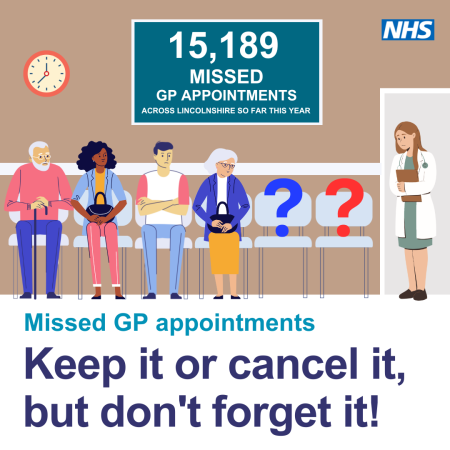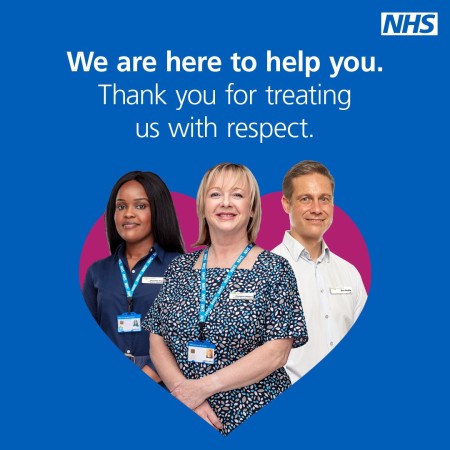Home
What are Primary Care Networks?
Primary care networks (PCNs) form a key building block of the NHS bringing general practices together to work at scale. Building on existing primary care services and enable greater provision of proactive, personalised, coordinated and more integrated health and social care for people close to home.
Since the NHS was created in 1948, the population has grown and people are living longer. Many people are living with long term conditions such as diabetes and heart disease or suffer with mental health issues and may need to access their local health services more often.
To meet these needs, GP practices are working together with community, mental health, social care, pharmacy, hospital and voluntary services in their local areas in groups of practices known as primary care networks (PCNs).
PCNs build on existing primary care services and enable greater provision of proactive, personalised, coordinated and more integrated health and social care for people close to home. Clinicians describe this as a change from reactively providing appointments to proactively caring for the people and communities they serve.
PCNs are led by clinical directors who may be a GP, general practice nurse, clinical pharmacist or other clinical profession working in general practice.






